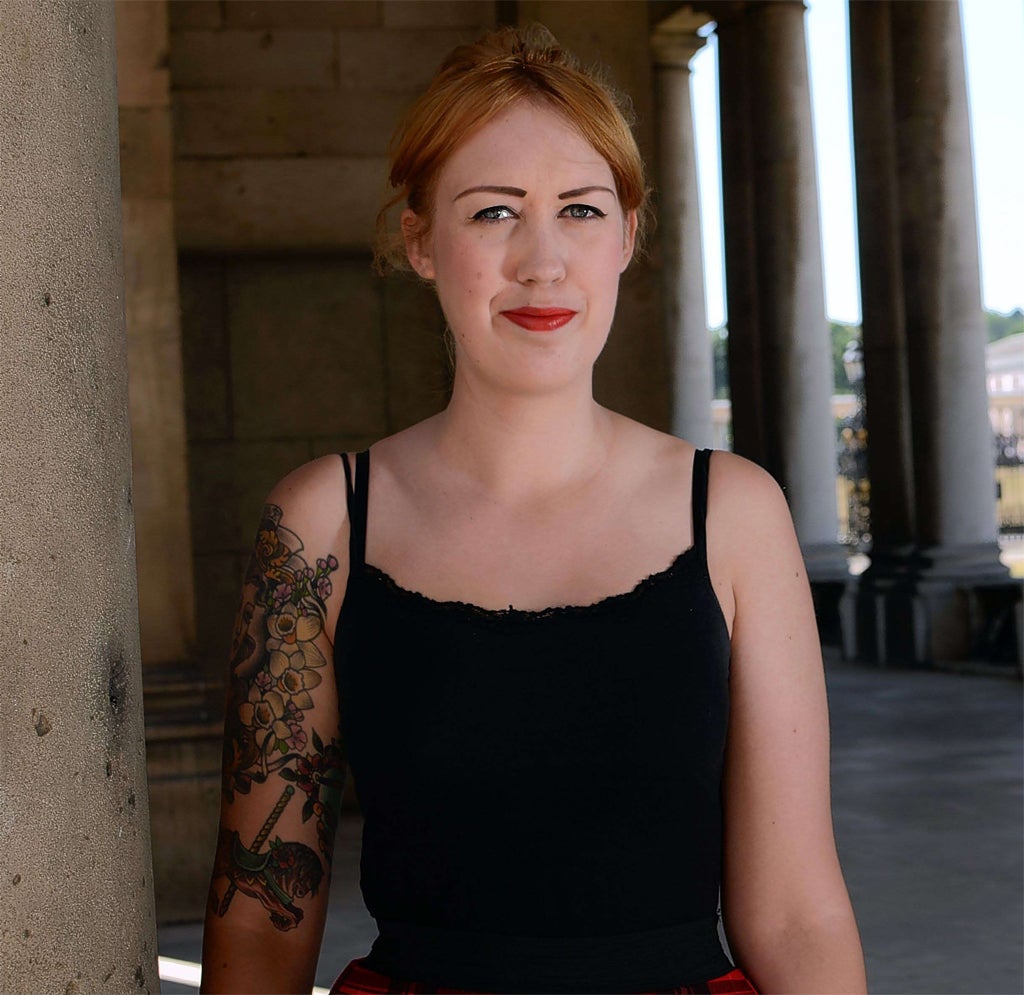Clearing case study: Older students can benefit too
Clearing can also benefit late starters, says Amy McLellan

After a false start studying anthropology in Kent, 25-year-old Jo Ayre, from north London, used the Clearing system to make a late application to study for a BA Hons in public relations and communications at the University of Greenwich.
Having gained two Bs and two Cs in her A-levels, Ayre went to the University of Kent to study anthropology, but left two years later after a family bereavement. "I wanted to be close to my family in London," she says. She spent the next two years working in a variety of different jobs, including as a receptionist at Bloomsbury Bowling Lanes in central London, and developed an interest in the PR side of business.
"It's a competitive field, and all the vacancies seemed to ask for a degree as a minimum, so I decided to go back to university," she explains. "It felt like the right time, because the tuition fees were going up the next year, and I thought it would be better to go through while it was still £3,000."
Ayre had to navigate the Ucas system and personal statement without the back-up of teachers and careers advisers. "But I had done it before and I had work experience, which helped give me a different perspective," she says. "I knew I wanted to stay in London. The Greenwich course really stood out because it's recognised by the Chartered Institute of Public Relations, has lots of industry connections and the campus, at the Old Royal Naval College, is really beautiful.
"Because it was late summer, I had to go through Clearing to find a place. It was very easy. I had already filled in the online Ucas form, so I had the Clearing number you need to quote when you phone up. I told them my Ucas points and they made me an offer there and then on the phone. It was a lot easier than I thought it would be."
This was actually Ayre's second experience of Clearing. "When I did my A-levels, I planned to go to Oxford Brookes University to study mental health nursing, but I changed my mind halfway through the application process and used Clearing to switch to anthropology at Kent. I was a lot more stressed then and it seemed very daunting, but again it turned out to be pretty straightforward. This time, I know that with PR I've finally found 'the one'. Sometimes it's good to go to work and get a feel for what you enjoy doing and what you're good at before making these big choices about what to study at university."
Even so, returning to education felt like a big step after several years in the workplace. "It was quite scary," she recalls. "I kept doubting whether it was the right thing to do, because people say degrees are pointless now and you get into so much debt. But when you're looking at the vacancies, everybody wants you to have a degree and I thought it would be good to have a recognised qualification. It's a very competitive field, so you need to set yourself apart from the other candidates. I felt having a PR degree would put me in a better position than people with more general degrees."
It helps that the Greenwich programme is industry focused. "I've just done my second year and you get lots of practical experience, working on your own personal development and interview skills. I've got an internship coming up with one of our guest lecturers. I spoke to her after a lecture and arranged it, which is something our lecturers encourage."
As a more mature student, Ayre feels she's definitely making the most of these opportunities. "When I was at university the first time around, I felt I was there more for the university experience rather than trying to learn. Now I am more aware of how much it's costing me and I don't want to waste this opportunity."
She advises latecomers or mature students not to be put off by having to go through Clearing. "People always talk about how stressful Clearing is, but it wasn't at all for me. Having been out of the education system for a few years, I was able to look at it all from a different perspective.
"Even though I really wanted to go, I knew if I didn't get through I wouldn't be heartbroken, because it's not like when you leave school and all your friends are going off to university and you're getting left behind."
It has certainly worked out for Ayre, who is about to start her third and final year on the public relations and communications course, specialising in museum and arts communications. The studies have cemented her interest in PR and confirmed that she's finally picked the right subject.
"I'm more motivated now," says Ayre, who hopes to get a job in the museum sector on graduating. "I enjoy the course and I'm getting internships, which are so important. Greenwich has been great in preparing us for employment. All our courses are based on real case studies and what the industry is doing today. It also helps being based in London.
"If you're not sure, apply anyway," she advises. "And if you do go, who knows where it might lead?"
Join our commenting forum
Join thought-provoking conversations, follow other Independent readers and see their replies
Comments
Bookmark popover
Removed from bookmarks